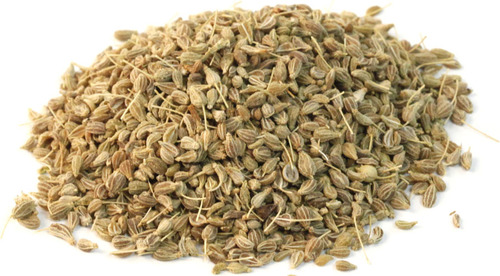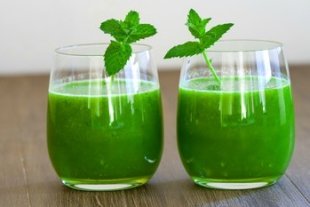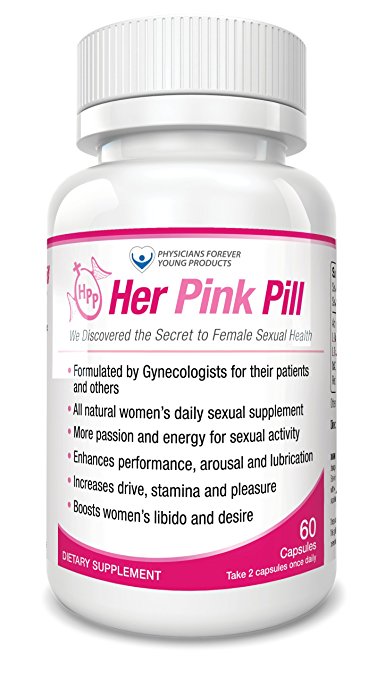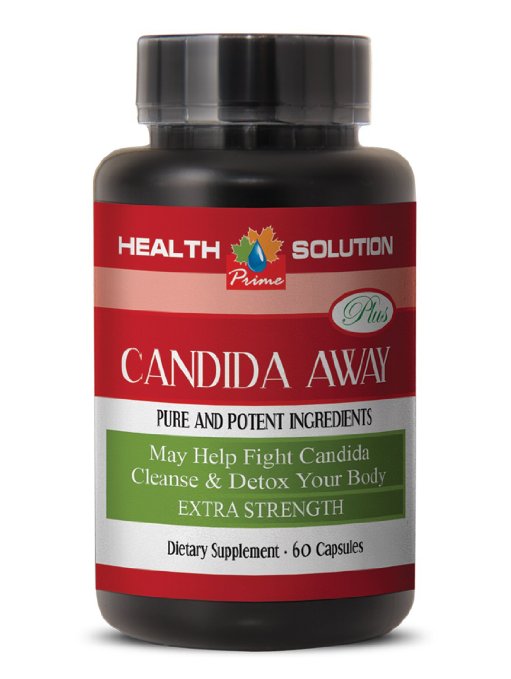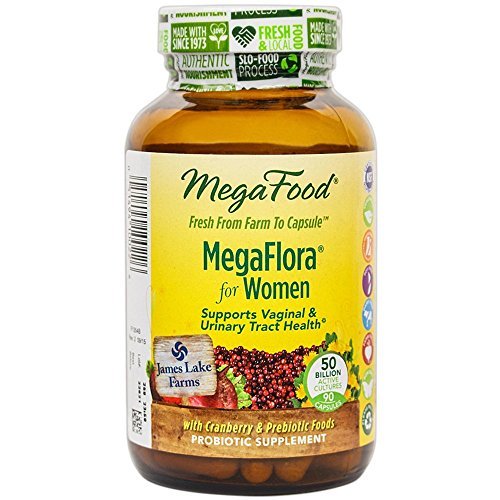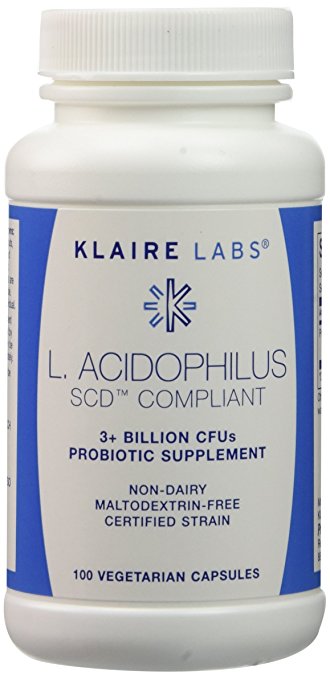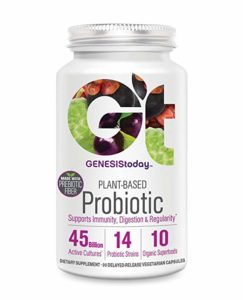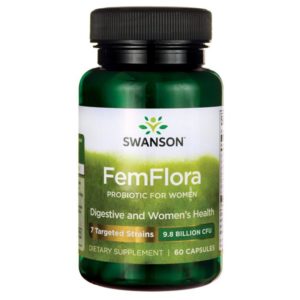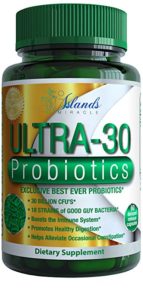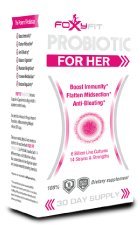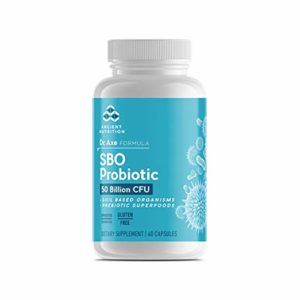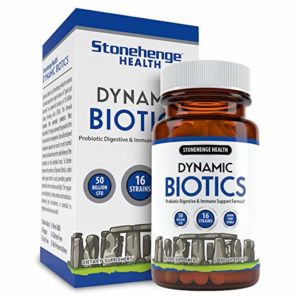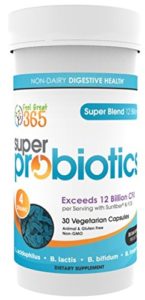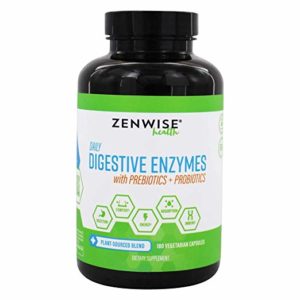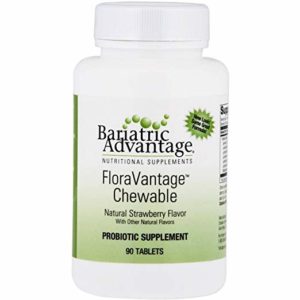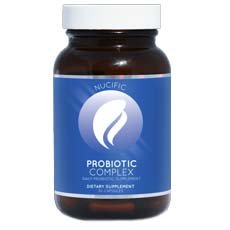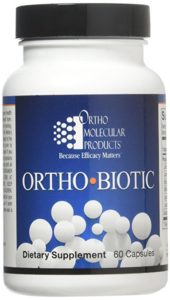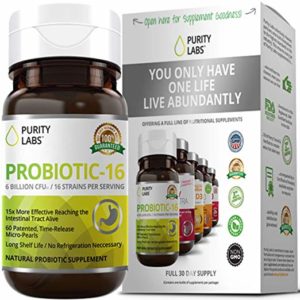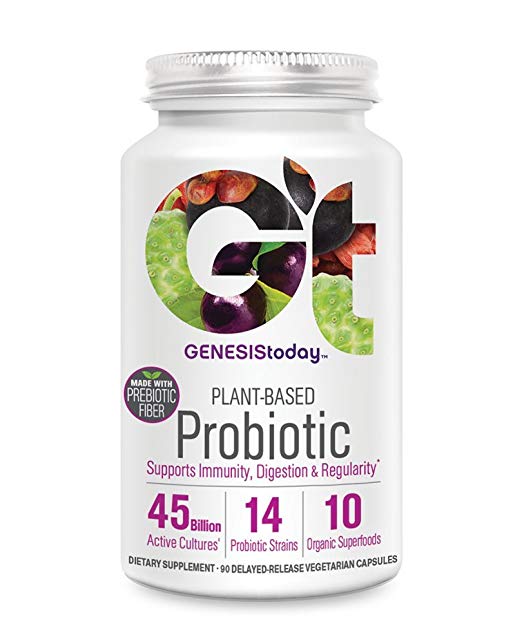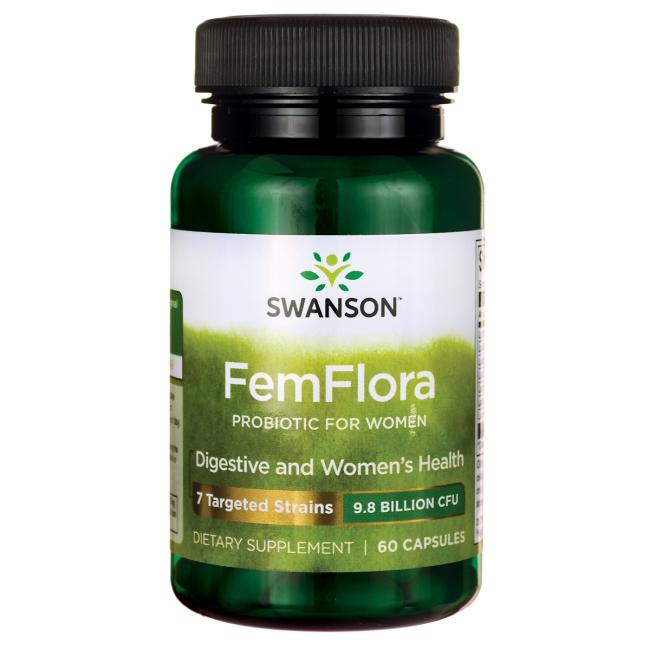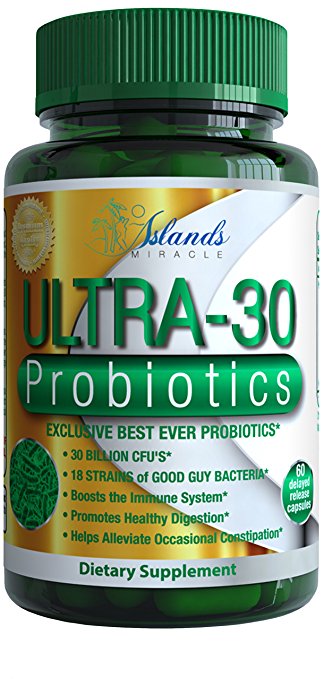
Feminine Issues?

The only All-Natural Product for:
- Feminine Issues
- Vaginal Odor
- Vaginal Itching
- Vaginal Discharge
Start Seeing A Difference Within a Few Days of Taking it!
WHAT'S THE PROOF?
Out of the tens of thousands of women that have tried Balance Complex, over 700 have been so impressed by the results, that they have voiced their results in the form of reviews for the product on Amazon, the world most TRUSTED online marketplace.
Below are just a few of the reviews of Balance Complex on Amazon:

"I have been looking for a probiotic to help with my feminine issues and this has done the trick!I have already recommended to other friends!" *

"I loved it. Just knowing that I was taking care of any problems that might occur that we as females go through gave me a piece of mind." *

"I was surprised it worked as fast as it did. Very Effective & Natural. I take one at night and one in the afternoon. And I feel so much better." *
Every order of Balance Complex on Amazon is backed by Amazon’s 100% money back satisfaction guarantee.
Try it for up to 90 days and if you aren't thrilled with the results, just notify Amazon and they will give you a full refund.

Best OTC Treatment For Bacterial Vaginosis
Bacterial vaginosis is a condition in women wherein the number of normal bacteria in the vagina is altered, disrupted and replaced with an overgrowth of another type of bacteria, as described in the Centers for Disease Control and Prevention. Bacterial vaginosis is considered the most common vaginal disease in America. Women can get infected through douching, unprotected sex and multiple sexual partners. If this infection is left untreated, it causes a lot of complications. Bacterial vaginosis can be managed using several OTC treatments.
Betadine Feminine Wash-
Betadine feminine wash is one of the over-the-counter treatments for bacterial vaginosis, according to MedlinePlus, a website supported by the National Institutes of Health. Betadine also known as povidone iodine is a chemical element that contains effective antiseptic properties. When used as a feminine wash, it kills germs, inhibits fungal growth, as well as prevents soreness and swelling. This wash is also commonly used by menstruating, post-partum and menopausal women since it controls external genital itching and promotes wound healing after perineal repair. Some women may develop allergic reactions others may exhibit local discomfort and vaginal irritation; these are some of the possible adverse reactions of this product.
Lactobacillus Acidophilus-
Lactobacillus acidophilus can potentially treat bacterial vaginosis, as mentioned in MedlinePlus. Lactobacillus acidophilus is a good bacteria or probiotic that can be used to treat a number of medical conditions including diarrhea, asthma and vaginal infection. This probiotic is considered beneficial because of the vitamin K, lactase and other anti-microbial substances it produces. Acidolin, acidolphilin, lactocidin and bacteriocin are among the substances that has antimicrobial properties. Lactobacillus acidophilus is used with caution in patients with weak and compromised immune systems. For bacterial vaginosis treatment, this drug comes as a tablet, capsule and vaginal suppository.
Review Overview
5.1 OVERALL SCORE
Feminine Issues?

The only All-Natural Product for:
- Feminine Issues
- Vaginal Odor
- Vaginal Itching
- Vaginal Discharge
Start Seeing A Difference Within a Few Days of Taking it!
WHAT'S THE PROOF?
Out of the tens of thousands of women that have tried Balance Complex, over 700 have been so impressed by the results, that they have voiced their results in the form of reviews for the product on Amazon, the world most TRUSTED online marketplace.
Below are just a few of the reviews of Balance Complex on Amazon:

"I have been looking for a probiotic to help with my feminine issues and this has done the trick!I have already recommended to other friends!" *

"I loved it. Just knowing that I was taking care of any problems that might occur that we as females go through gave me a piece of mind." *

"I was surprised it worked as fast as it did. Very Effective & Natural. I take one at night and one in the afternoon. And I feel so much better." *
Every order of Balance Complex on Amazon is backed by Amazon’s 100% money back satisfaction guarantee.
Try it for up to 90 days and if you aren't thrilled with the results, just notify Amazon and they will give you a full refund.
Recent Tests
Categories
- General Health
- Feminine Guides
- Ingredient Guides
- Product Reviews
- Bacterial Vaginosis Products
- Candida Products
- Menopause Products
- UTI Products
- Yeast Infection Products
About Us

FeminineHealthReviews is dedicated in bringing you the top unbiased editorial reviews and ratings for natural products and supplements, along with specs, user reviews, supplement facts and more.
These statements have not been evaluated by the Food and Drug Administration. This product is not intended to diagnose, treat, cure or prevent any disease.
*Results may vary. If you are pregnant, nursing, have a serious medical condition, or have a history of heart conditions we suggest consulting with a physician before using any supplement. The information contained in this website is provided for general informational purposes only. It is not intended to diagnose, treat*, cure, or prevent any disease and should not be relied upon as medical advice. Always consult your doctor before using any supplements. Disclosure of Material Connection: Some of the links in the post above are "associate sales links." This means if you click on the link and purchase an item, we will receive a commission. Regardless, we only recommend products or services which we use personally and/or believe will add value to our readers. We are disclosing this in accordance with the Federal Trade Commission’s 16 CFR, Part 255: "Guides Concerning the Use of Endorsements and Testimonials." Disclaimer: © 2025 All Rights Reserved. The information provided on this site is intended for your general knowledge only and is not a substitute for professional medical advice or treatment for specific medical conditions. You should not use this information to diagnose or treat* a health problem or disease without consulting with a qualified healthcare provider. Please consult your healthcare provider with any questions or concerns you may have regarding your condition.Your use of this website indicates your agreement to this websites published terms of use and all site policies. All trademarks, registered trademarks and service-marks mentioned on this site are the property of their respective owners.






